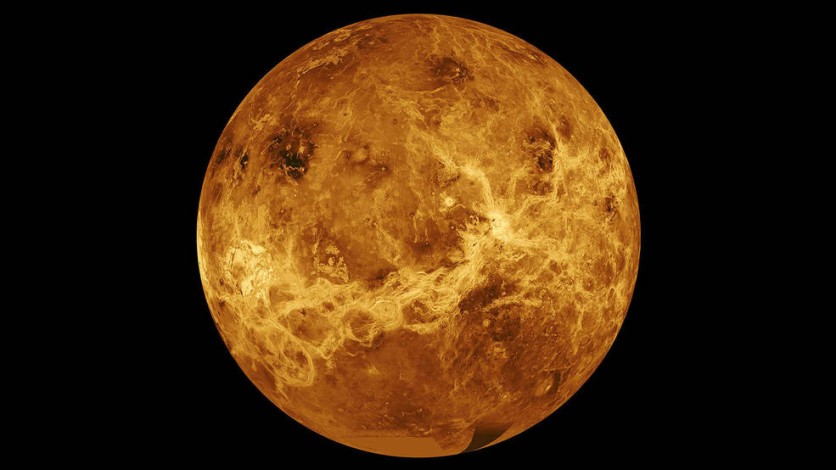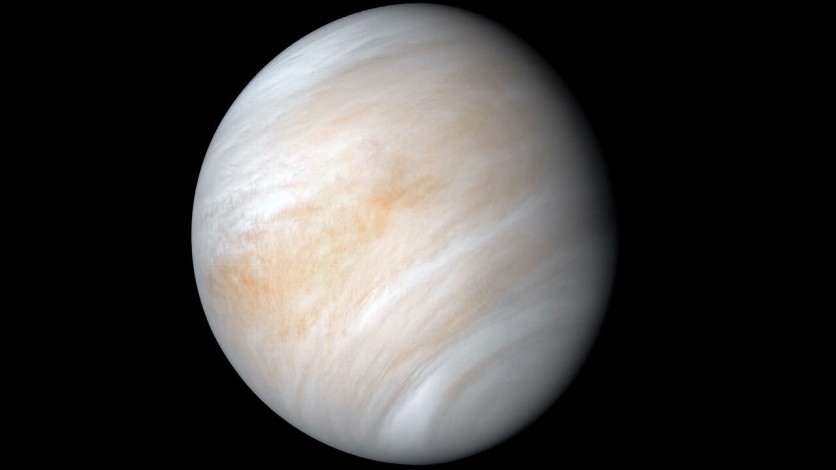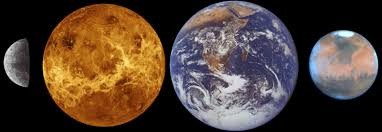NASA Venus Missions will soon come to fruition as the space agency has named the two projects, DAVINCI+ and VERITAS, to be those granted a "go" signal and a $500 million budget. This will be the return of humans to studying Venus after 30 years since the last mission has concluded and discoveries were filed.
NASA Returns to Venus

However, since the last exploration of NASA, "Earth's evil twin" has changed a lot. There are a variety of developments that have been observed from the second planet, despite not having any special missions yet. NASA thinks that Venus exploration now is feasible and would contribute a lot to the knowledge and information the world will have about it.
Currently, NASA is known to have been exploring the other neighbor of the Earth, and that is the fourth planet from the Sun, known as the sulfur-rich Mars. The Curiosity rover and Ingenuity space helicopter are doing wonders in taking many photos and discovering plenty of new and exciting things in Mars' Jezero Crater, soon making their way to further edges of the planet.
NASA's Venus Exploration: 2 Missions Area GO
Venus is not as famous--as it is not mentioned as often--as Mars, the Moon, the Sun, and even the gas-planet Jupiter in NASA's focus. But NASA has had its fair share of investigating and exploring the planet in the past, with its last mission dating back to 30 years ago.

The national space agency has decided to have four project drafts under the NASA Discovery Program for a potential Venus mission. It has already named two to proceed and begin their first phases. These are DAVINCI+ and VERITAS, which would dedicate their time to exploring and getting to know the "Lost Planet."

DAVINCI+
DAVINCI+, a.k.a. "Deep Atmosphere Venus Investigation of Noble gases, Chemistry, and Imaging," will focus on investigating whether Venus had an ocean on its planet and the presence of water on its surface. Additionally, this mission will provide high-resolution images to NASA, focusing on Venus' "tesserae," a known unique geological feature.
NASA Goddard in Maryland will help with the project management of this venture.
VERITAS
On the other hand, Venus Emissivity, Radio Science, InSAR, Topography, and Spectroscopy or "VERITAS" will look more into the geological history of Venus, particularly in the course it has developed. Venus was initially known to be a planet with the closest liking to that of the Earth but has transcended into a fiery inferno, different from what is the home planet now.
Related Article : Water Bears and Some Baby Squids are Going on a Rocket Ride to Space
This article is owned by Tech Times
Written by Isaiah Richard
ⓒ 2025 TECHTIMES.com All rights reserved. Do not reproduce without permission.




